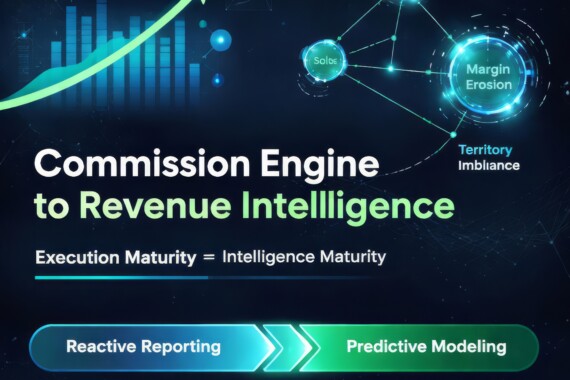Exceptions as a normal part of business: That’s how compensation is treated in many organizations. “The deal’s strategic, we need to make an exception.”...
Reimagining Sales Compensation Navigating Post-Pandemic Success Through Innovative Incentive Plans
The world of work changed forever Decision-making, supply chains, globalisation, the demographic shift, cyber threats, and even the relationship between the private and public sector are likely to be altered by the crisis. The crisis brought about two related changes. First, the world of work changed forever. Many organisations were forced to scale down or even shut down their operations, and for those that survived, the tasks of recovery and growth required a rethinking of strategy, operations and relationships with customers from the ground up. Second, and building on the first, sales teams play an increasingly important role in recovery and growth. If organisations want to capitalise on these opportunities, they need to redesign their incentive plan design framework to increase sales efficiency and improve the long-term sustainability of profit.
Agility in Goal Setting
In place of inflexible static goals, the preferred course of action appears to be setting goals through a dynamic process. Emerging from the pandemic, unpredictability has become the norm, with market volatility and uncertainty in demand prompting a fresh perspective on the design of the incentive plan. Organisations seem to be committing to an iterative goal-setting process: setting goals through dialogue, with an expectation that they will be revised frequently in response to market trends and customer behaviours as they emerge.
This nimbleness not only keeps customer-facing teams on-message with the latest business priorities but also helps them to react quickly to changing customer expectations. Dynamic target re-settings help to keep salespeople motivated and steer them into the role of agile trouble-shooters, not just quotaholics.
Personalized Motivation
The ‘one-size-fits-all’ incentive scheme is gradually being replaced by personalised motive stims. Organisations are learning that different members of a diverse salesforce respond to a variety of motivators, so incentives need to be tailored to their preferences, interests and even strengths. Extracting meaningful information from a wide array of data can be tricky but today, firms can glean insights on each salesperson’s performance and behavioural patterns – as well as their expertise – retailing patterns – even their favoured sales rep.
With sales incentives plan designed to reflect such insights, organisations can foster an aligned, empowered sales team. With individually tailored bonuses and recognition, salespeople can take ownership of their strengths, invested in the accomplishment of their teams’ goals.
Holistic Performance Metrics
The post-pandemic world of business demands a broader understanding of what makes sales forces successful. Revenue numbers remain vital, but organisations are building a dashboard of performance indicators that measure the changes to the way customers interact with their companies. Those indicators include customer satisfaction scores, retention rates, and even teamwork contributions.
This creates incentives that drive a sales force to build long-term relationships with customers, making each sale consistent with the company’s long-term strategy for success. Holistic sales incentives drive a customer-centric mindset, which then boosts sales efficiency and profitability, not just in the short term, but over the long haul.
Empowering Skill Development
The pandemic also brought home the importance of nimbleness and upskilling. Smart firms are creating incentives to encourage skill development and lifelong learning. Incentive packages now include bonuses for completing training programmes, gaining certifications, and becoming proficient in emerging technologies.
As a result, by investing in their skillsets, organisations ensure a salesforce that can professionally manage their candidates through the ever-changing market terrain, and develop a reputation for quality ‘sales’. In effect, an organisation that invests in the professional evolution of its salesforce is laying the groundwork for future success, not only for the salesperson’s individual career but also for the organisation as a whole.
It’s time for a post-pandemic reset in sales comp. Many are learning (or relearning) that incentives are more than cold-hard cash. They are strategic levers to drive sales performance and productivity in a changing market. This evolution is built around four pillars: agile goal setting, customised motivation, a balanced set of performance metrics and a focus on developing skills. Companies that invest in these innovative incentive design frameworks will be prepared to jumpstart their sales force into the next era of growth and profitability, given their ability to develop agile, efficient and growth-oriented sales representatives.





